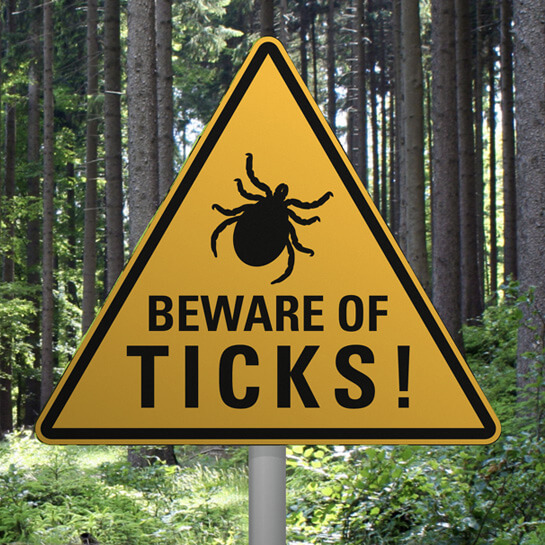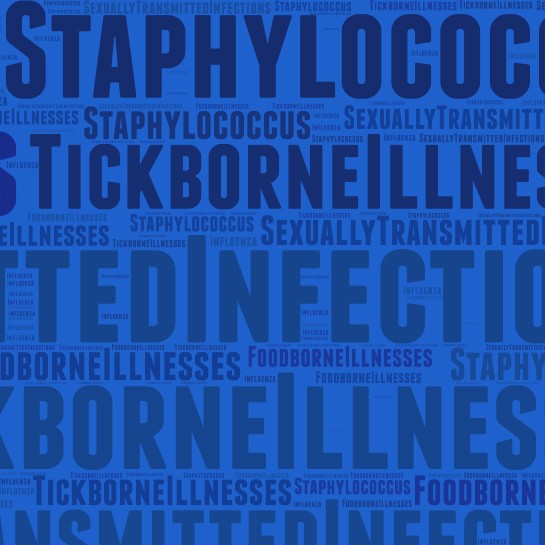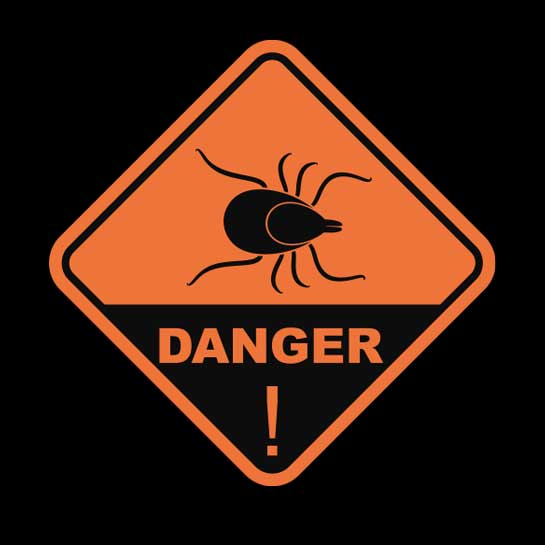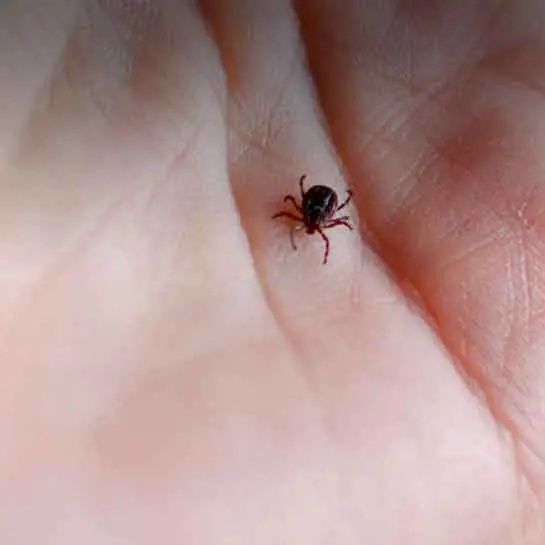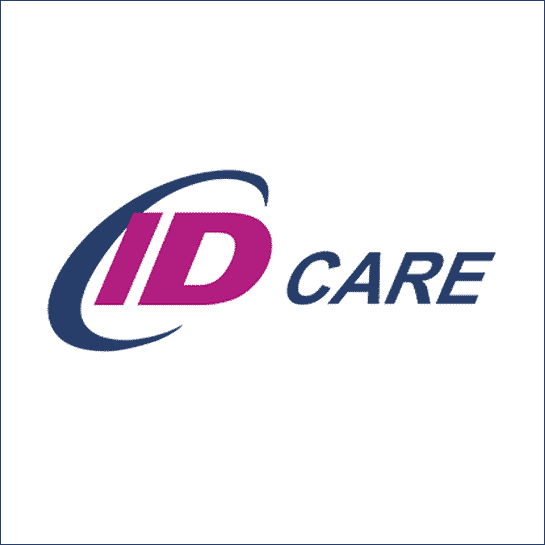Understanding Treatment
for Lyme Disease
Lyme Disease Treatment
Lyme disease is a common but serious illness developed from tick bites. Deer ticks—small, black parasites usually found in grassy and wooded areas—frequently carry bacteria called Borrelia burgdorferi. When an infected tick bites you, these bacteria enter your bloodstream and develop into Lyme disease. These bites are painless, so many people do not know they have been bitten until diagnosed.
According to the Centers for Disease Control (CDC), there are approximately 300,000 cases diagnosed each year, making Lyme disease the most common tick-borne illness in North America. If you spend time outdoors, take precautions to avoid ticks, be aware of Lyme disease symptoms, and schedule testing at your nearest New Jersey ID Care location—early detection is the best way to make an easy recovery.

What Are The Symptoms Of Lyme Disease?
Lyme disease affects everyone differently, but most people encounter similar symptoms that appear in stages. You may have symptoms that overlap, but in general, Lyme disease breaks down as follows.
Early signs of Lyme:
- A red, ring-shaped rash around the bite area
- Fever
- Chills
- Fatigue
- Body aches
- Headache
- Neck stiffness
- Swollen lymph nodes
These early signs generally appear three to 30 days following a tick bite. Though you can have Lyme disease without it, the red bulls-eye pattern rash (erythema migrans) is a key indicator of the disease. After you notice it, the rash might expand over a few days, possibly growing up to 12 inches. While it may feel warm, it won’t feel itchy or painful.
Advanced symptoms:
When Lyme disease is not treated early, new and more severe symptoms may appear, including:
- Additional bulls-eye rashes around the body
- Severe joint pain
- Swelling (often in the knees and shifting between joints)
- Temporary paralysis of one side of the face (Bell’s palsy)
- Meningitis (causing fever, headache, or neck stiffness)
- Numb or weak limbs
- Impaired muscle movement
How Does ID Care Diagnose Lyme Disease?
ID Care experts can run tests to determine if you have Lyme disease. In general, we first perform an ELISA (enzyme-linked immunosorbent assay) test. Depending on the stage and symptoms of your infection, however, we may need to run a second test to get a definitive answer. The two-step Western blot test can reliably confirm your diagnosis by detecting antibodies and proteins in your body that are associated with Lyme disease.
How Does ID Care Treat Lyme Disease?
You’re more likely to recover faster the earlier we can detect Lyme. In these cases, we’ll start treatment immediately with oral antibiotics. If you’re in a later stage of the infection, we’ll give you intravenous antibiotics to combat your slower recovery time.
How Can I Prevent Lyme Disease?
- Cover up when you’re in wooded or grassy areas with long pants tucked into socks, a long-sleeved shirt, a hat, and gloves.
- Avoid walking through low bushes and long grass.
- Use insect repellent with a high-concentration of DEET.
- Thoroughly check your clothing and body (and your children’s and pets’) for ticks.
- Shower after returning indoors.
- Remove ticks immediately. Use tweezers to grab the head as close to the skin as possible and pull slowly and carefully.
- Do not squeeze or crush ticks.
- Dispose of ticks by flushing them down the toilet or putting them in alcohol.
- Apply antiseptic to bite areas.
Recover With Expert Care
Quick treatment is the best way to ensure you make a full recovery. If you have symptoms or a Lyme disease diagnosis, find your nearest ID Care provider in New Jersey. Our expert team has the tools to help you get the care you need. For more information, call us at 908-281-0221 or contact us online.


